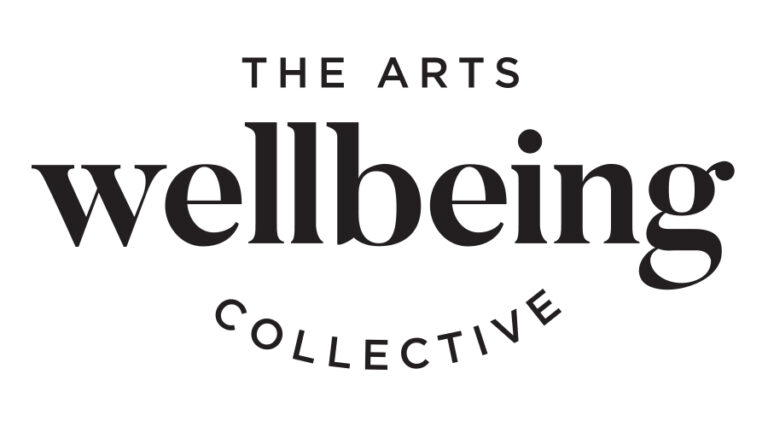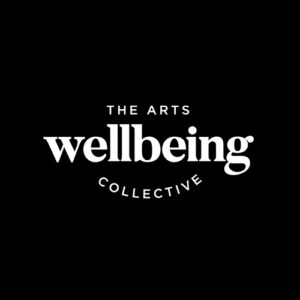
In preventing inappropriate behaviour, it is essential for managers to encourage a workplace culture where employees support each other and diversity is valued.
Please note, this information is intended as a guide only. Any industrial advice or a course of action should be checked with your manager and your relevant government authority.
In order to provide a safe and healthy working environment, leaders have an obligation and responsibility to positively promote and demonstrate constructive behaviours and to actively manage inappropriate behaviours, such as:
Under federal anti-discrimination law an employer, regardless of their size, may be legally responsible for discrimination and harassment which occurs in the workplace or in connection with a person’s employment unless it can be shown that ‘all reasonable steps’ have been taken to reduce this liability. This legal responsibility is called ‘vicarious liability’.
This means that you have an active role to play in the prevention, identification and management of discrimination.
VALUES: Develop a set of organisational values in consultation with employees and communicate these to all team members, including casual front of house and back of house teams. You could also develop a set of ‘team rules’ to outline specific expected behaviours.
INDUCTION: Provide induction to new employees on organisational values. Give examples to explain how these values are demonstrated in practice.
COMMUNICATE: Have leaders regularly communicate to all team members the importance of inclusion within the workplace.
STRATEGY: Develop a dedicated inclusion strategy and action plan for a socially inclusive workplace. Review existing policies and strategies through a lens of inclusivity – do existing policies promote or contradict your goal of inclusion?
TRAIN: Provide equal opportunity training to all employees. This could be as simple as watching a TED talk together and discussing what was raised, or developing scenarios and talking through appropriate and inappropriate responses. Visit the Victorian Equal Opportunity and Human Rights Commission website (opens in new window) for more information on training in this area.
Consider working with your team to develop a set of rules for the workplace that outline expected behaviours. The following rules were suggested as examples by attendees at Creative People Management workshops in 2017:
Manage the matter at the lowest possible level by encouraging parties to discuss:
If a team member is uncomfortable to do this alone, see if a manager or leader can offer to facilitate the conversation. If there is no direct communication, then you are expected to have a confidential and non-confrontational conversation with the relevant parties to offer support, state the expected behaviours and explain that any recurrence would be formalised. The matter should then be communicated to your direct manager. If you believe the matter should be formalised, escalate to your CEO, director, producer, general manager or Human Resources (if applicable).
If you observe an employee who you suspect to be under the influence of alcohol or other drugs, please report this directly and immediately to a manager.
Post Tour Adjustment: Getting Back To Home Life
Exercise on Tour: Tips to Get You Moving



The Arts Wellbeing Collective is an Arts Centre Melbourne initiative that comprises a consortium of arts and cultural organisations whose shared vision is to effect better mental health and wellbeing for performing arts workers. Our objectives are to: - Improve support services for performing arts workers - Collate and share information - Effect industry cultural change - Improve support networks within and between arts organisations. Our guiding principles are: - Prevention focused, promoting positive mental health and wellbeing, and raising awareness of mental health, mental health problems and the value of early intervention. - Working in partnership, ensuring a variety of partnerships state-wide and across the industry – collaboration is core to the Arts Wellbeing Collective and vital to success. - Creating systems level change, through seeking to understand and address systems, cultures and traditions that contribute to poor mental health and wellbeing in the performing arts. - Long-term thinking, prioritising resources and initiatives that have capacity for long-lasting impact, scalability and transferability. - Knowledge creation and dissemination, working with experts and industry leaders to find, share, create and translate the best available information, tailored for creative contexts. - Encouraging innovation, Arts Centre Melbourne is always learning – we do not have all the answers. We will test, trial, evaluate, and share useful findings with energy and authenticity, and continue to be rigorously planned, strategically responsive and thoughtfully adaptable.
Read Full Profile© 2021 TheatreArtLife. All rights reserved.

Thank you so much for reading, but you have now reached your free article limit for this month.
Our contributors are currently writing more articles for you to enjoy.
To keep reading, all you have to do is become a subscriber and then you can read unlimited articles anytime.
Your investment will help us continue to ignite connections across the globe in live entertainment and build this community for industry professionals.